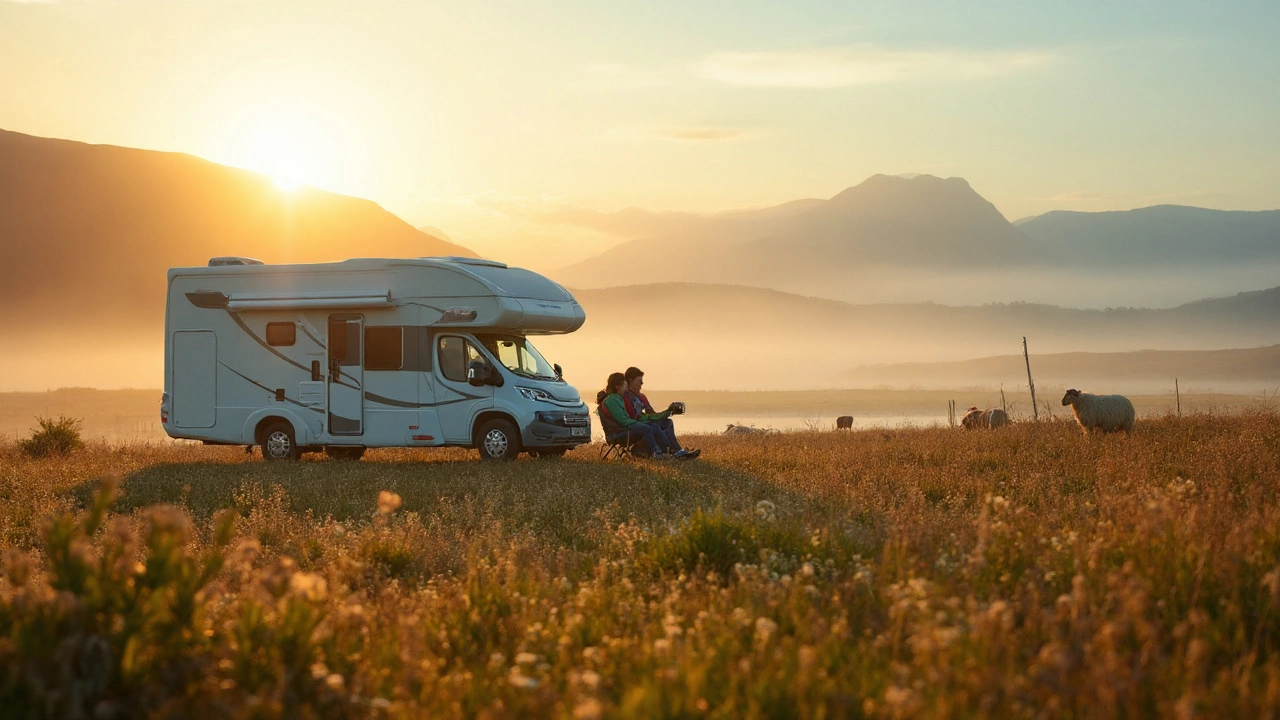Off‑Grid Travel: How to Go Anywhere Without Plugging In
If you love the idea of sleeping under the stars and not worrying about power sockets, off‑grid travel is the answer. It lets you chase freedom, avoid crowds and keep costs low. Below are the basics you need to get started, from gear choices to legal shortcuts.
Gear that Keeps You Comfortable
The first step is a solid power setup. A 12‑volt battery paired with a good inverter lets you run a small TV, phone charger or LED lights. Look for deep‑cycle batteries that hold charge for days, and add a solar panel if you plan to stay longer than a night. A portable fridge runs off the same system and saves you from hunting down shops.
Next, think about shelter. A tarp set up in a triangle shape (the classic camping triangle) is cheap, lightweight and easy to pitch on any flat surface. If you want extra protection from wind and rain, a quick‑build pop‑up tent works well. Remember to pack a sleeping pad and a warm sleeping bag; nights can get chilly even in summer.
Legal Tricks for Staying Low‑Key
In the UK, stealth camping is legal in many places as long as you don’t cause a nuisance. Look for private land with owner permission, or use a farm’s spare field. In Scotland, the “right to roam” lets you pitch in most wild areas, but you still need to follow the Scottish Outdoor Access Code.
Boondocking at big retailers like Walmart is a popular US trick, and the same idea works in the UK at large service stations or truck stops. Just follow the rules: keep the vehicle parked, stay quiet, and leave no trace. When you’re near a beach, check local council signs – some allow overnight stays in designated zones, others issue fines.
Safety is a big part of off‑grid travel. Always let someone know your route and estimated return time. Pack a basic first aid kit, a fire extinguisher, and a reliable multi‑tool. When you’re sleeping in a car or a van, crack a window for ventilation and keep a blanket handy for extra warmth.
Food storage can be tricky without a fridge. Use a cool box with ice packs for perishables, and plan meals that don’t need refrigeration – think canned beans, dried pasta, and energy bars. Cooking on a small gas stove is fine as long as you do it outdoors and away from flammable surfaces.
Lastly, respect the land. Pack out everything you bring in, avoid building fires where they’re banned, and stay on established paths. The more you leave untouched, the more people can enjoy the same freedom you love.
Off‑grid travel isn’t about going completely without comforts; it’s about balancing independence with smart planning. With the right gear, a clear idea of where you can stay legally, and a focus on safety, you’ll be ready to hit the road and enjoy the open air on your terms.
-
 VIEW POST
VIEW POSTBoondocking Explained: Wild Camping for Motorhomes and Adventurers
Aug, 7 2025|0 CommentsCrack open the world of boondocking—what it is, why it rocks, and how to do it right with your motorhome. Get real tips, facts, and what you need to know.